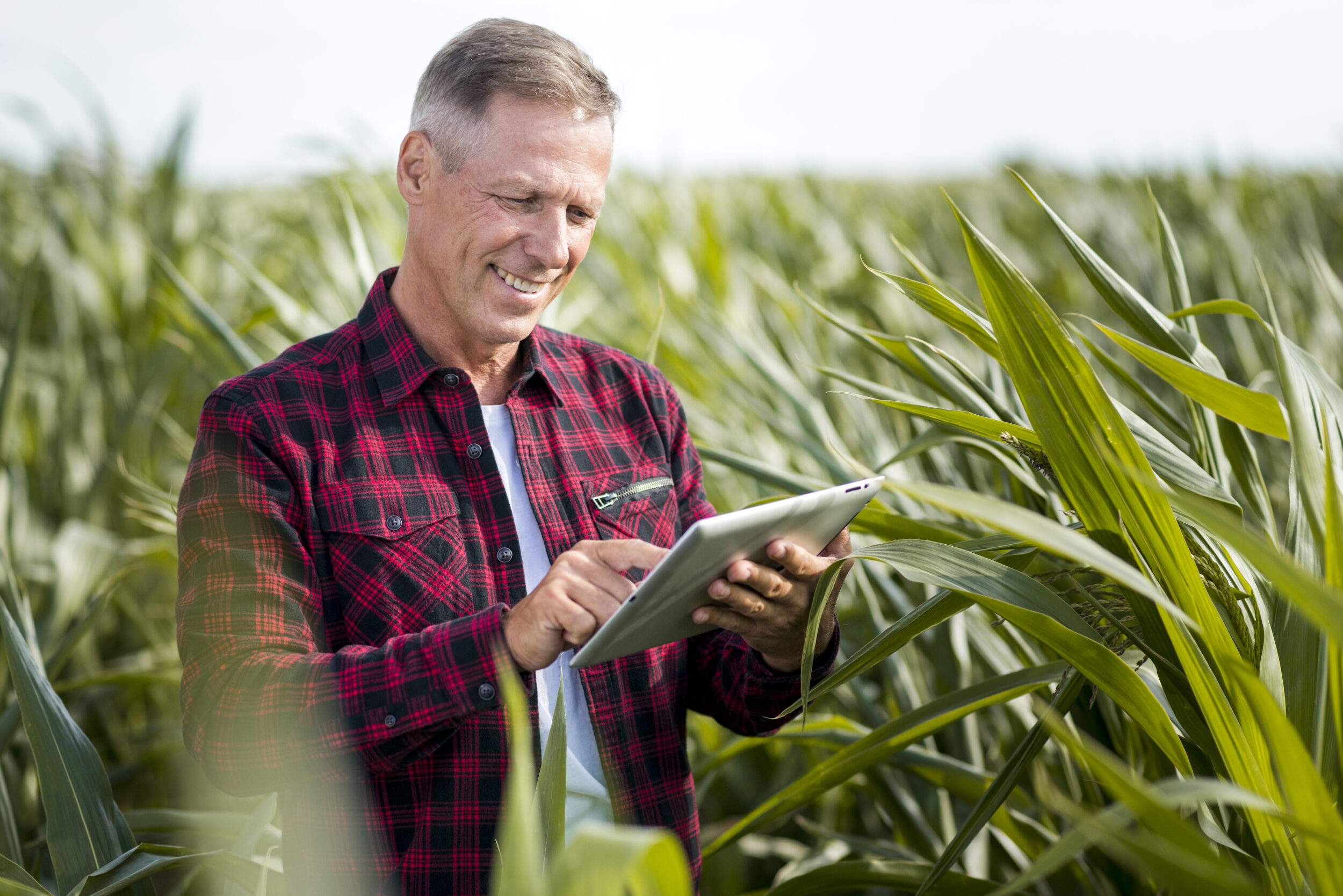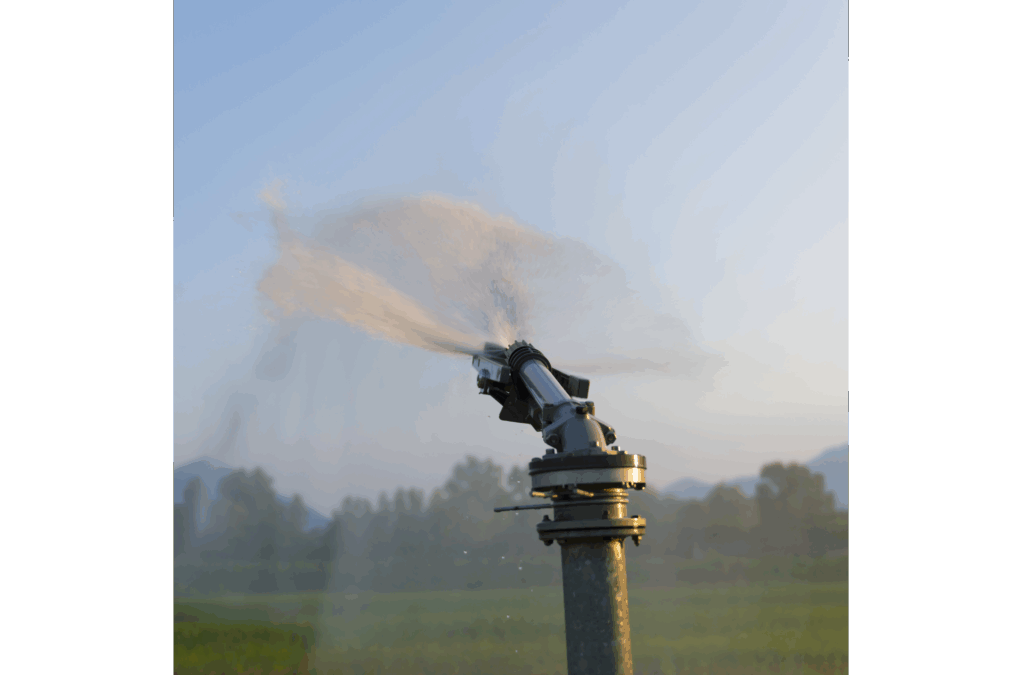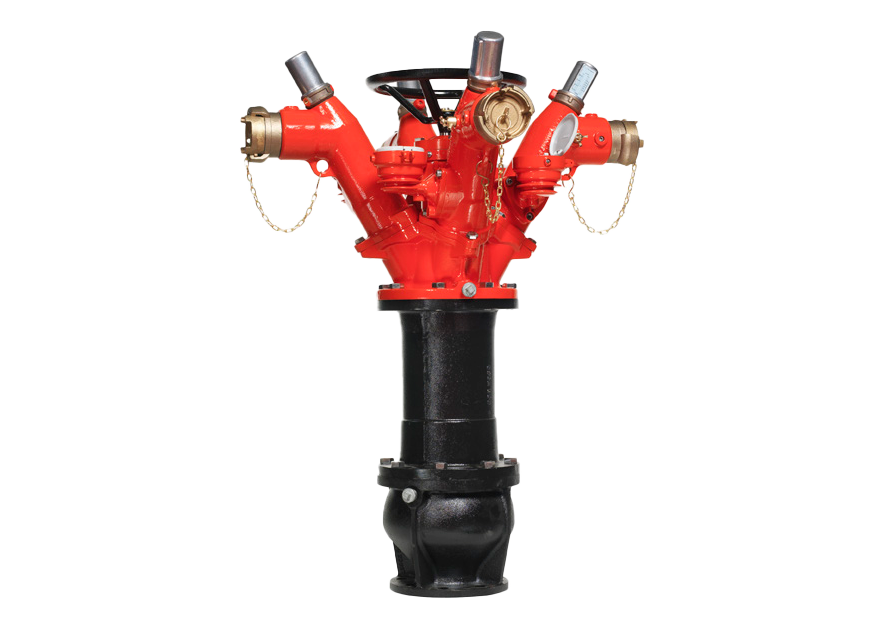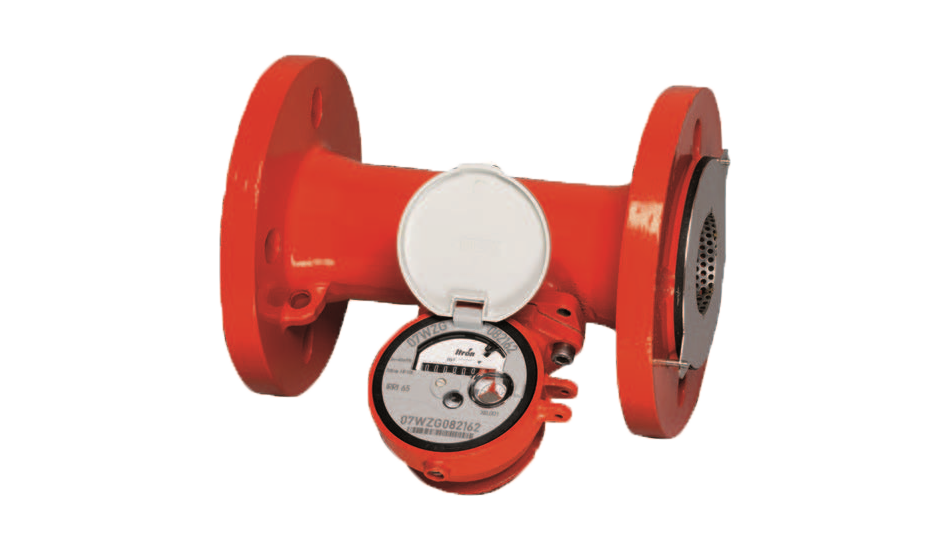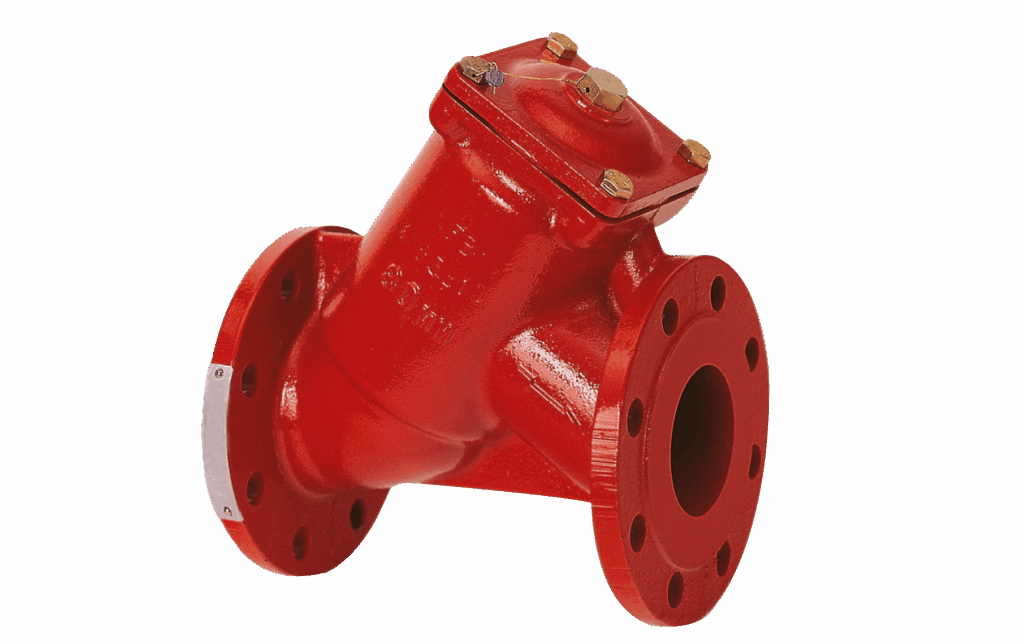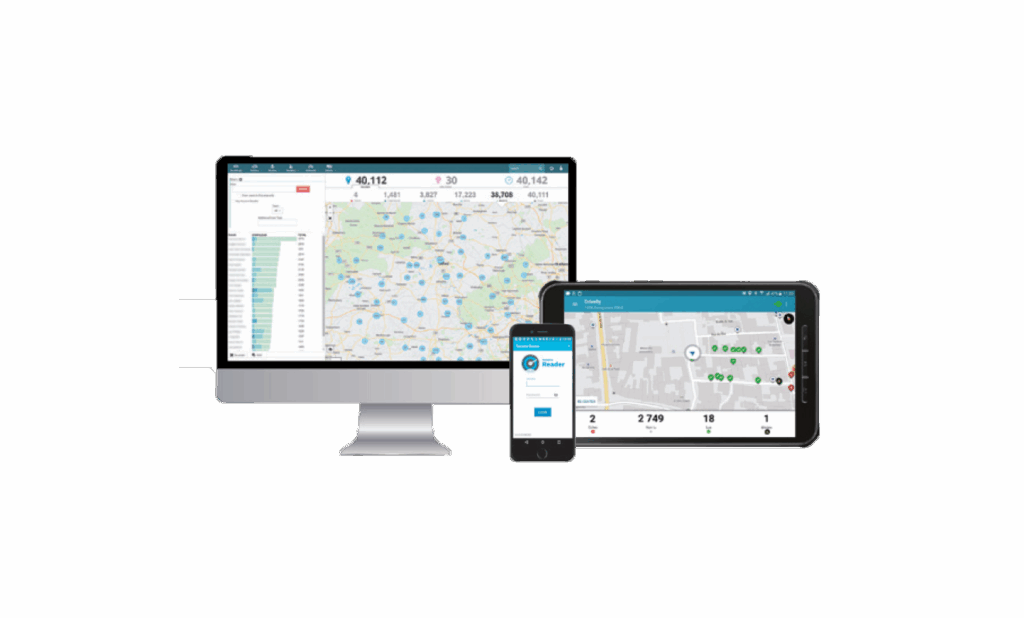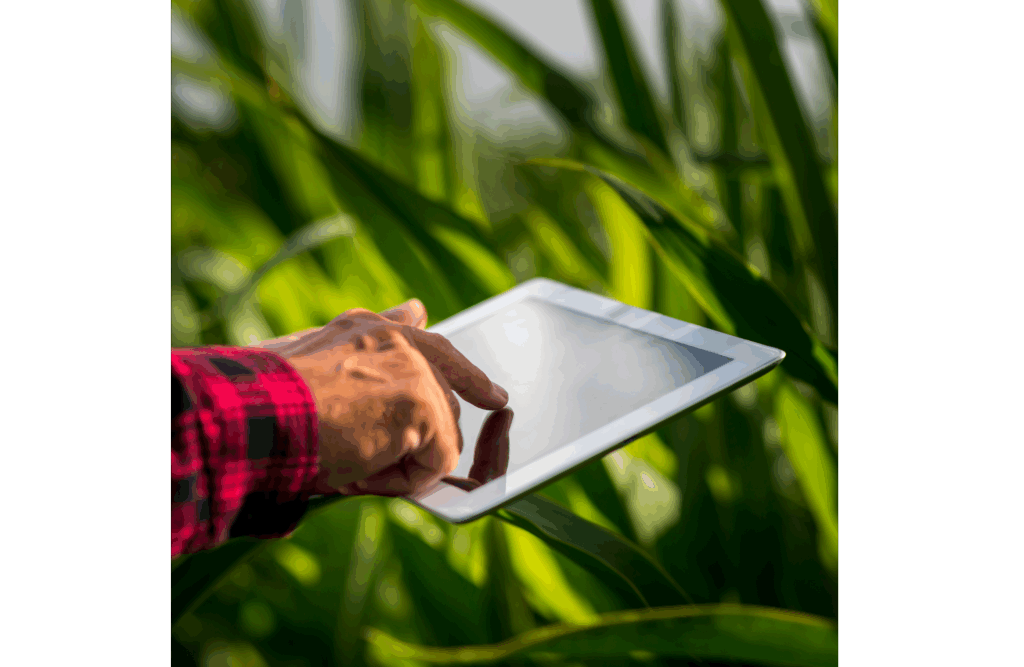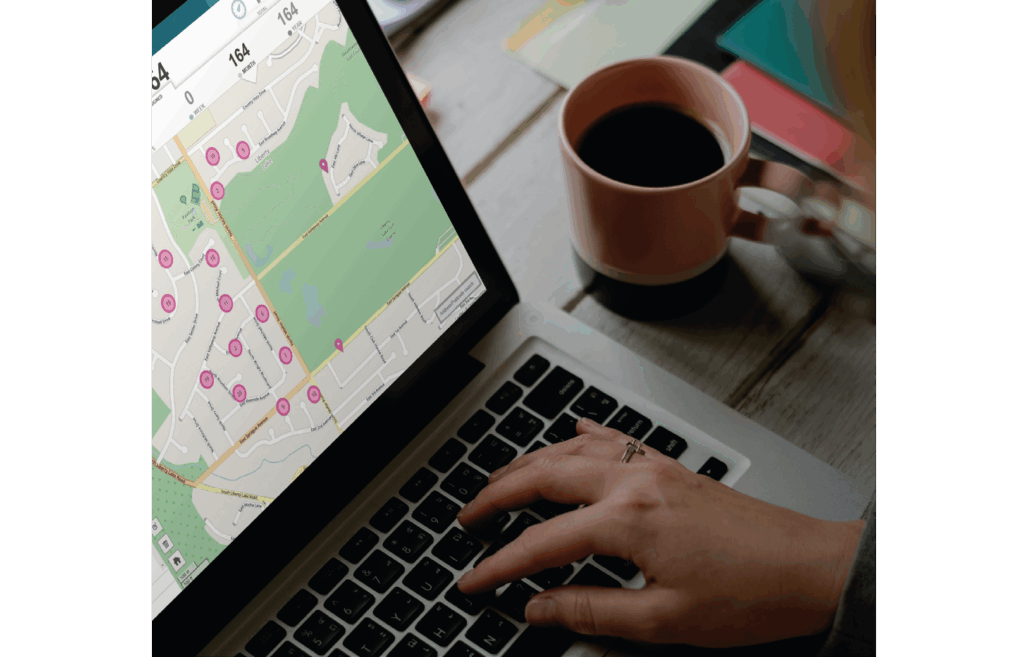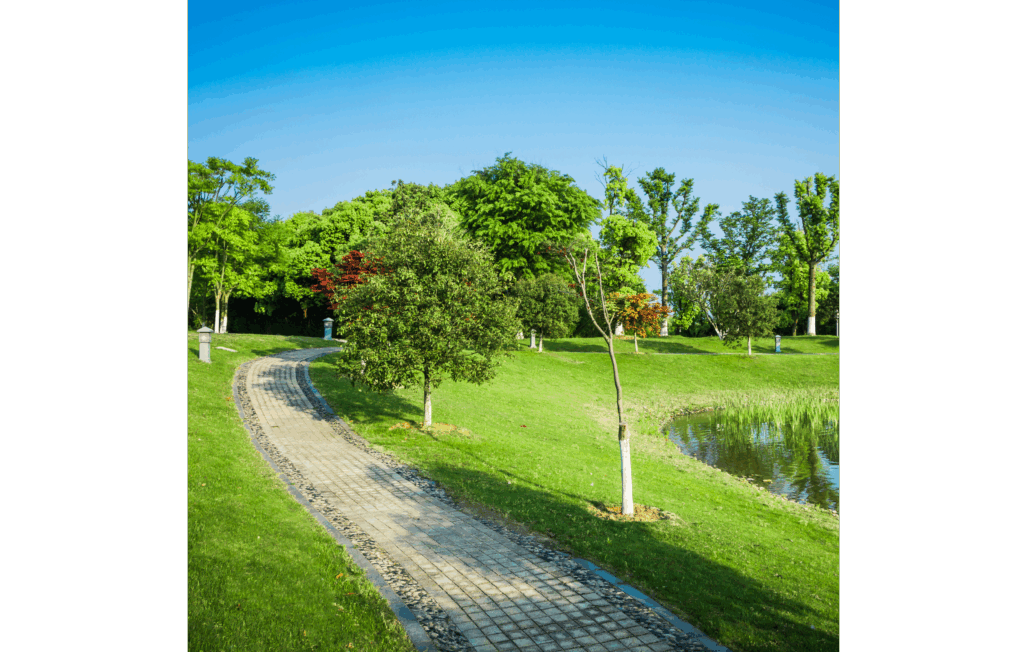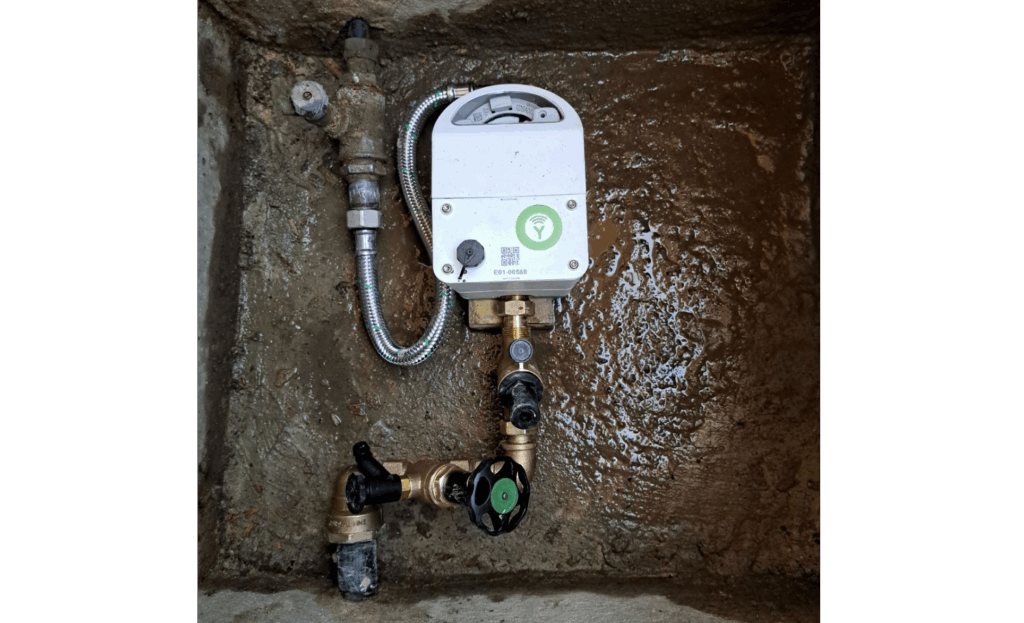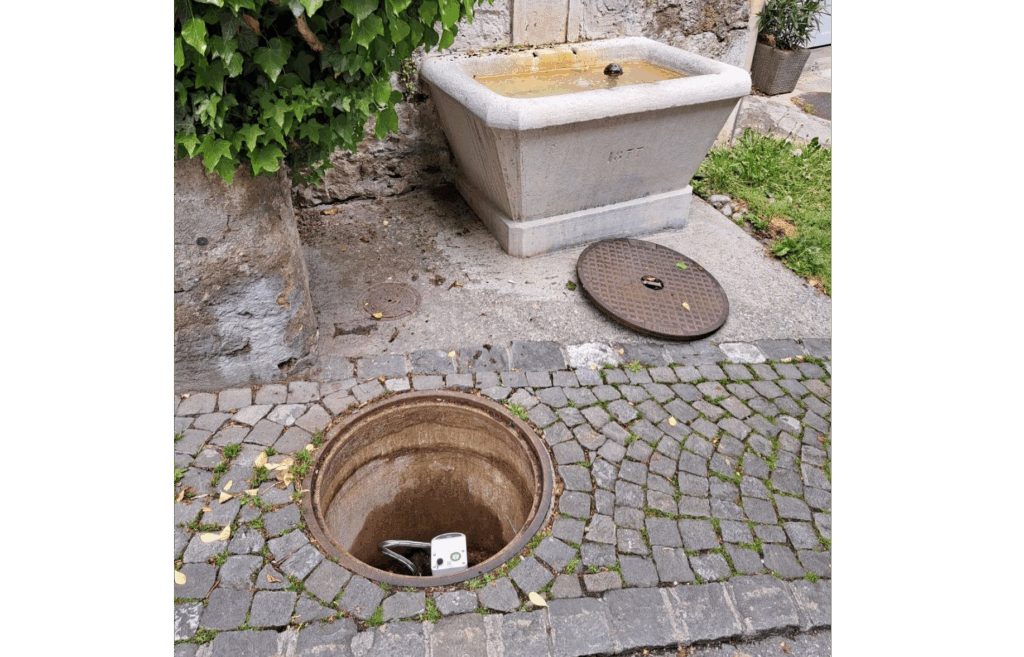Irrigation and water management equipment
Confronted with climate challenges and increasing pressure on water resources, collective irrigation networks must be reliable, sustainable and well equipped. Raw water, taken directly from the natural environment, flows through infrastructures that often cover large areas and are exposed to significant stresses. This is why it is essential to work with robust, accurate technical equipment that is suited to real-world conditions. The Claire Group, with its specialist brands SL-Irrigation and ADG, designs end-to-end solutions to safeguard the distribution, metering and monitoring of raw water in all environments.
